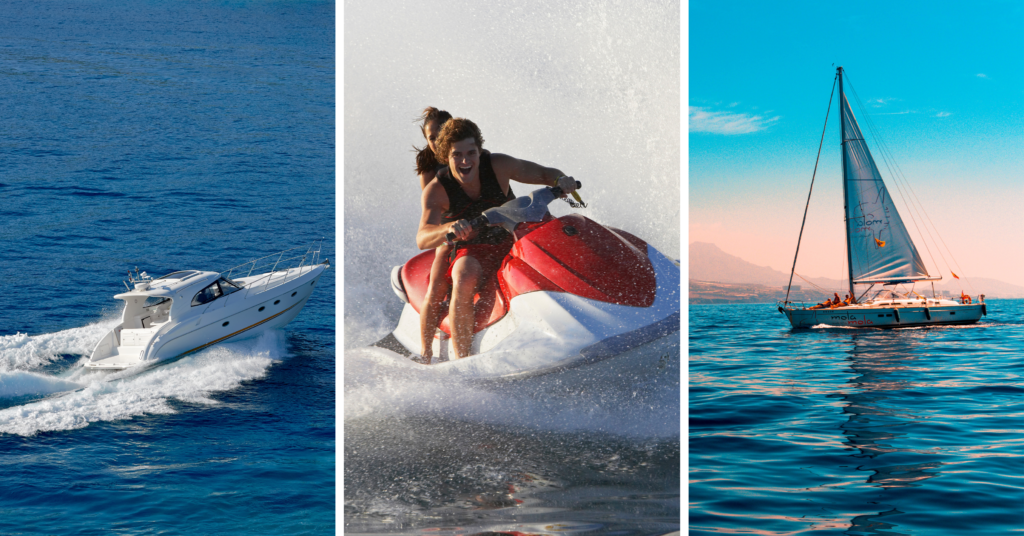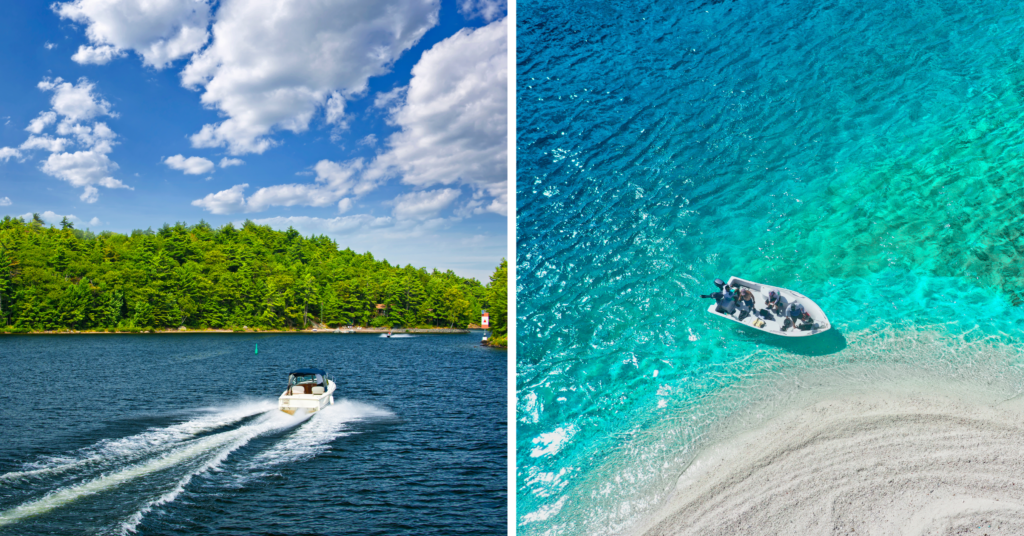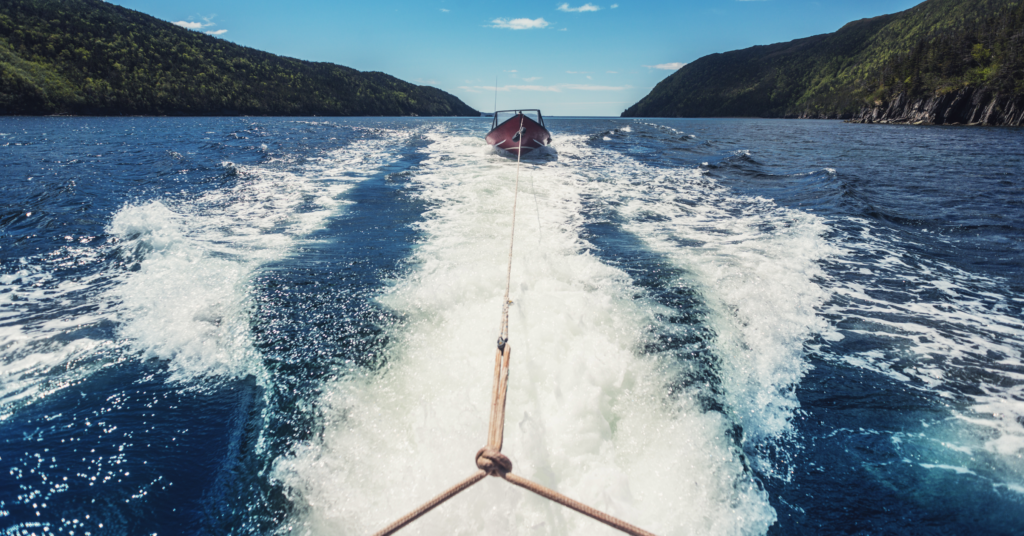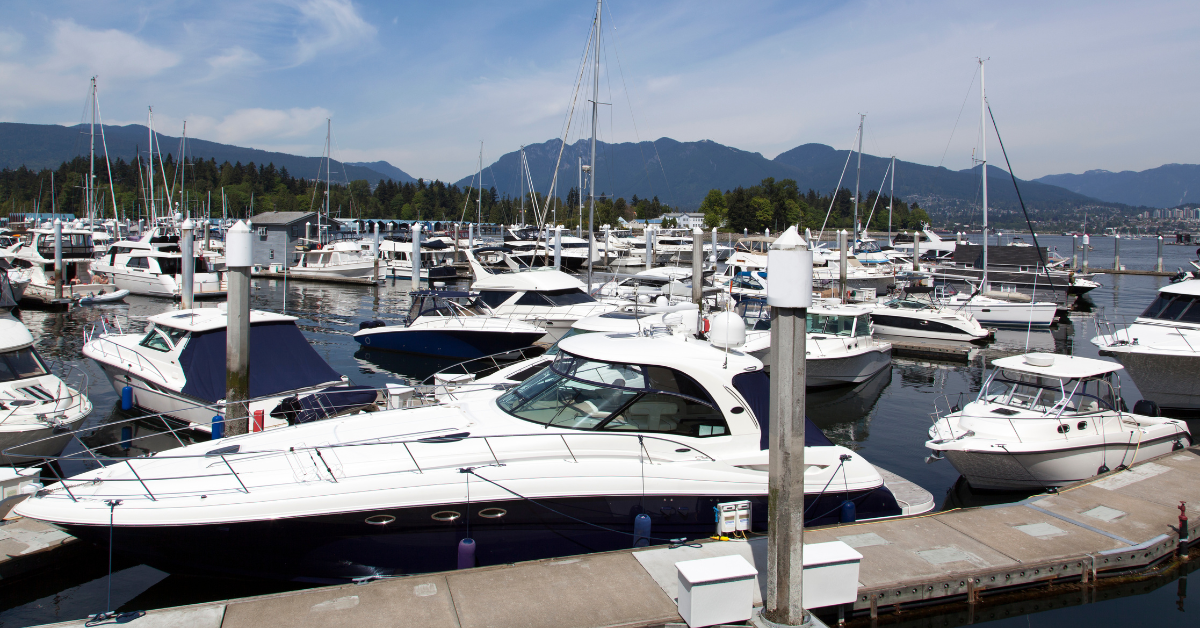Incidents Covered by Boat Insurance
Boat insurance policies are designed to help navigate financial storms when unfortunate incidents occur. This protection typically covers a myriad of situations such as accidents and collisions, theft and vandalism, fire damage, sinking or capsizing, and storm and weather damage. Additionally, it also encompasses liability coverage, medical payments, towing and emergency assistance, wreck removal, and fuel spill liability.
Moreover, uninsured boater coverage ensures you are not left high and dry when the at-fault party does not carry insurance, while personal property coverage safeguards your personal items on the boat.
Boat Insurance Variations among Different Types of Watercraft

All boats are not created equal, and neither are their insurance policies. From motorboats and sailboats to personal watercraft like jet-skis, insurance specifications fluctuate.
Motorboat Insurance
Taking into account factors such as the boat’s size, horsepower, and usage, insurance for motorboats often provides protection against typical incidents, including accidents, theft, liability, and damage to the boat and its contents.
Sailboat Insurance
Sailboat insurance focuses on variables such as the sailboat’s size, value, and sailing area. Policies generally provide protection against damage caused by collisions, storms, theft, and liability for accidents. Specialized sailboat insurance might also cover rigging, sails, and other equipment.
Insurance for Personal Watercraft (PWC) like Jet-Skis
The small size and high-performance nature of PWCs such as jet-skis necessitate unique insurance. This usually encompasses liability for accidents, damage to the PWC, theft, and medical payments. Some policies may also offer coverage for towing your PWC and equipment like water skis or wakeboards.
Considerations for Boating in Different Types of Water

Lakes and Inland Waterways
Boating in these areas demands attention towards submerged hazards and robust coverage for theft and vandalism. You should also consider pollution liability in case of any oil or fuel spills.
Rivers and Currents
Coverage for strong currents and potential flooding is advisable.
Saltwater and Ocean Boating
Boating in the ocean demands attention towards saltwater corrosion, extended coverage for longer ocean trips, and planning for emergency towing over longer distances.
Storage and Winterization
Storage and winterization coverage protect your boat during off-seasons. When considering storage and winterization, it’s essential to understand the steps involved in preparing your boat for the colder months. Check out our comprehensive guide on How To Winterize Your Boat to ensure you’re taking all the necessary precautions.
Remote Areas
Ensure your policy includes emergency services in remote areas. Even when boating during the winter, specific safety considerations come into play. Brush up on these Safety Tips For Winter Boating to be prepared for chilly voyages.
Role of Towing Coverage in Boat Insurance

Towing coverage in boat insurance proves invaluable in situations where your boat becomes inoperable and needs to be towed to safety or repair facility. It often includes on-water assistance, which provides you with services like jump-starting the boat, minor repairs, or fuel delivery if you’re stranded on water.
Ensuring Sufficient Coverage without Overpaying
To get the best value for your money, you should reflect on your boating habits, review your policy, consider your location and boat’s reliability, understand on-water assistance, evaluate optional coverage, consult an insurance expert, and periodically review your coverage. For a more tailored approach to your insurance needs, our guide on How to Choose the Right Boat Insurance Policy for Boaters and Marine Businesses can help you make informed decisions.
Steps to Ensure a Smooth Insurance Claim Process
In the unfortunate event of a boating accident, clear steps should be taken to ensure a smooth insurance claim process. These include ensuring safety, reporting the accident, exchanging information, taking photos and notes, notifying your insurance company, cooperating with the investigation, keeping records, following safety regulations, mitigating damages, and seeking legal advice if necessary. While our guide covers general steps for most insurance claims, for specific incidents like theft or vandalism, you might want to check out our article on The Role of Boat Insurance in Theft and Vandalism Cases for Boaters.
Understanding boat insurance and towing can be as challenging as navigating treacherous waters. However, with comprehensible knowledge about what incidents are covered, the variation of coverage for different types of watercraft, considerations for different water types, and how towing coverage fits into the picture, you can confidently sail through the intricacies of boat insurance. With an array of plans available, you can now choose your insurance wisely and enjoy your boating experience, knowing you are covered for all eventualities. If you’re looking to dive deeper into understanding boat insurance specifics, our article on Navigating Boat Insurance: Coverage for On-Water and Off-Water Risks provides detailed insights. Consult with your knowledgeable HUB Marine specialist if you require any support in choosing your coverage – we are happy to help!
As you set sail into the vast world of boating, ensuring you’re adequately insured is paramount. While this guide offers an introduction, diving deep into the specifics of marine insurance can provide even more clarity and protection. Don’t leave your boat’s safety and your peace of mind to chance. Discover the comprehensive coverages and tailored solutions that marine insurance offers, ensuring you’re prepared for any eventuality on the water. Navigate with confidence, knowing you have the right coverage behind you.

